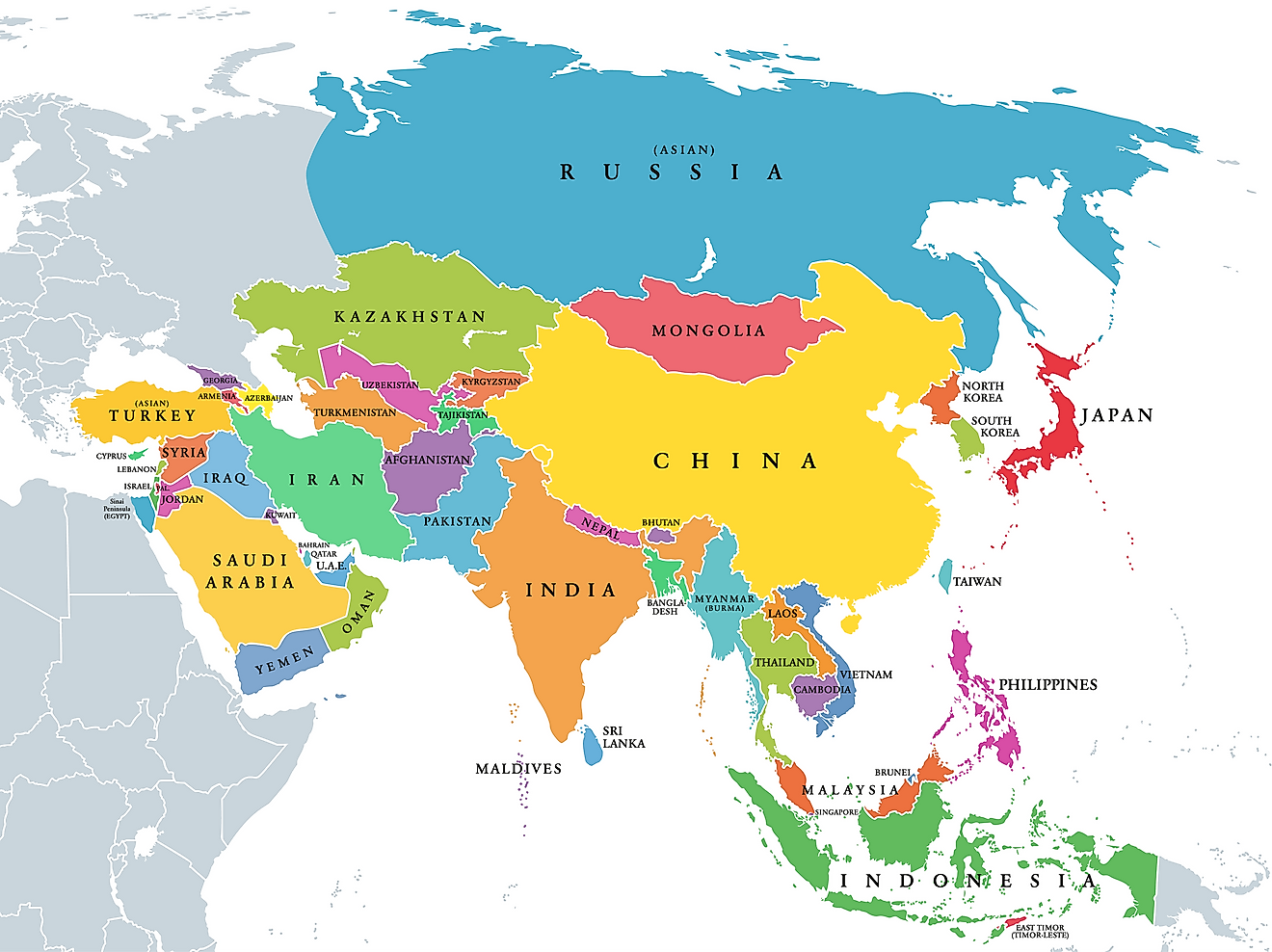Is El Salvador A Country?

Officially known as the Republic of El Salvador, El Salvador is a country located in Central America. Any politically defined region that has full autonomy in the running of its daily affairs is a country. The nation has borders with Honduras to the northeast, Guatemala to the northwest, and is bordered by the Pacific Ocean to the south. The capital city, which is also the country's largest city, is San Salvador. Historically, El Salvador became a colonly of Spain in the 16th century, as part of the Viceroyalty of New Spain. In 1609, the area became part of the Captaincy General of Guatemala until its independence from Spain in 1821. After independence, the captaincy became a part of the Federal Republic of Central America until the republic’s dissolution in 1823. After the dissolution, El Salvador became a sovereign country on February 18, 1841. As a sovereign nation, El Salvador formed a brief alliance with Nicaragua and Honduras, known as the Greater Republic of Central America, between 1895 and 1898.
Government
The government is currently guided by the 1983 Constitution. The nation is a democracy compsed of three branches of government: executive, legislative, and judicial. The executive branch is lead by the president, who serves one term only of five years following a direct vote. The president is also the head of state and appoints the cabinet. El Salvador's Legislative Assembly is unicameral and consists of 84 deputies. The nation has a multi-party structure that has been dominated historically by the Farabundo Martí National Liberation Front (the incumbent party) and the Nationalist Republican Alliance.
Economy
The economy of El Salvador is unstable due to constant natural hazards, such as hurricanes and earthquakes, corruption, and huge economic subsidies. As of 2008, the gross domestic product (GDP) in purchasing power parity stood at $25.895 billion. The country's leading economic sectors are agriculture (64.1% of GDP) and the industrial sector (24.7%). In 2010, agriculture’s contribution reduced to 11.2%. Tourism is also significant, contributing about 3.5% of the country’s GDP in 2013. The city with the highest per capita income in the nation is Antiguo Cuscatlán. The nation has also experienced challenges reopening its gold and silver mines, which were expected to boost the economy. However, even if reopened, data shows that the sector contributed a meager 0.3% of the nation’s GDP when they were open. El Salvador's main export product is now coffee, but had been indigo until the invention of synthetic dyes in the 19th century.
Demographics
As of 2016, the country had a population 6,344,722 living in an area of approximately 8,124 square miles. These figures make El Salvador the smallest as well as the most densely populated country in the world. The capital alone has a population of around 2.1 million inhabitants. This situation is the same in other cities in the country, as urban areas have become overcrowded since the shift towards urbanization in the 19th century, with only 42% of the population remaining in rural areas. The population of El Salvador includes Mestizos, indigenous groups, and white people.











